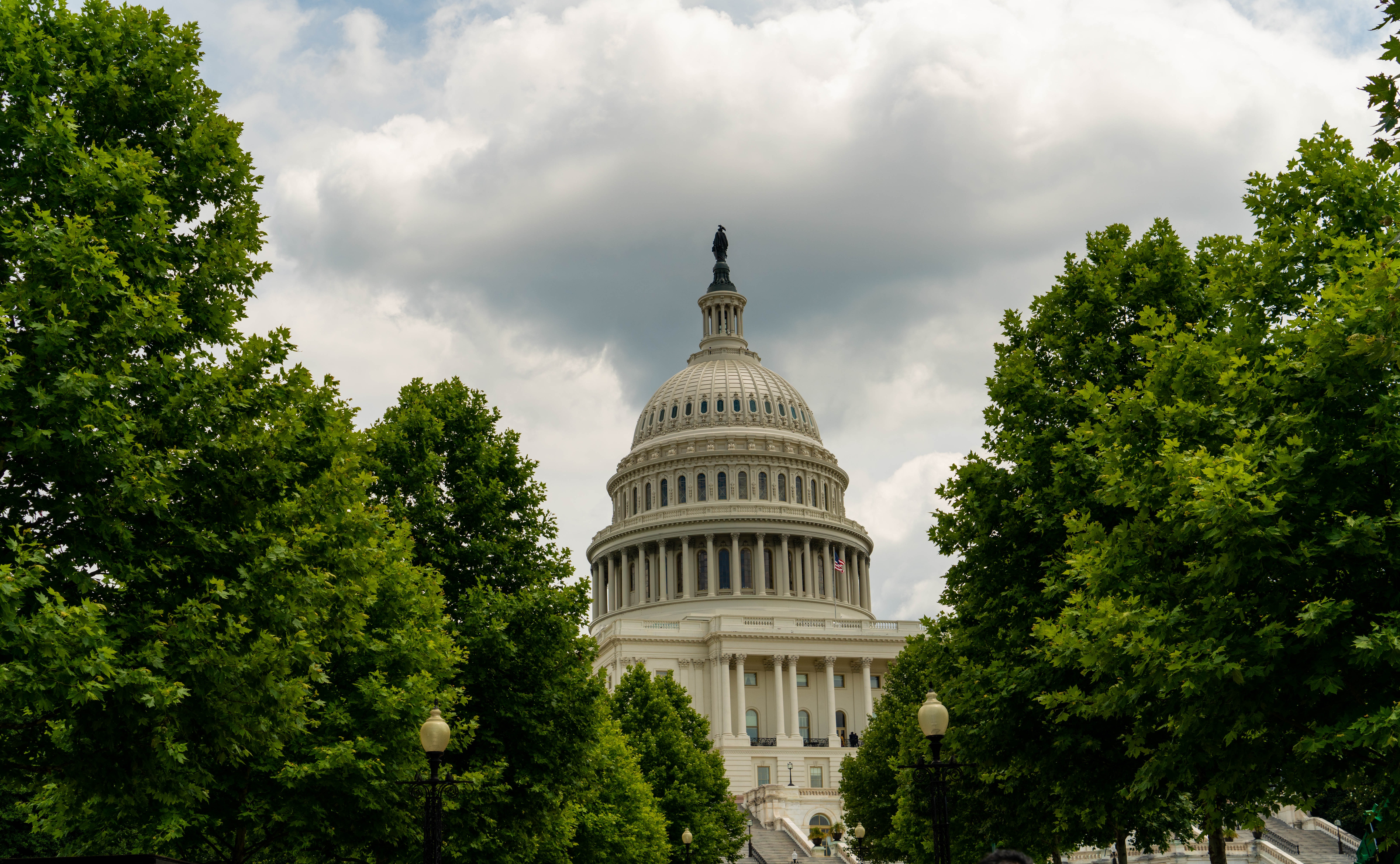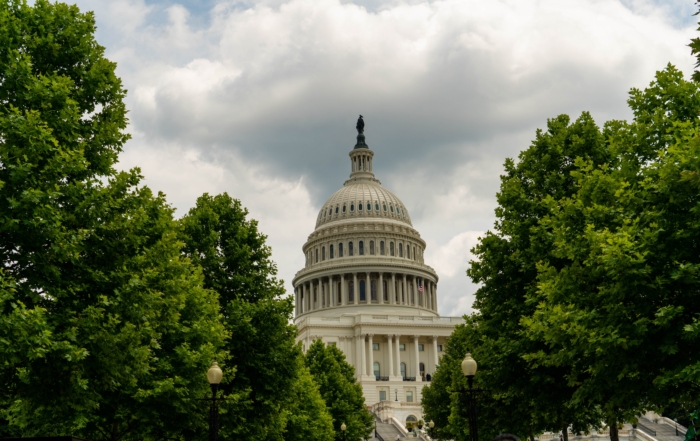The Future of Experience Design: Transforming the Landscape of the U.S. Federal Government

Written by: Patrick Kesler

In an age defined by rapid technological advancements and evolving societal expectations, the concept of experience design has emerged as a critical factor in shaping interactions, services, and perceptions. Experience design, often called XD, is intentionally crafting user experiences to create meaningful, intuitive, and enjoyable interactions with products, services, and systems. As we look ahead, it becomes evident that experience design will play a pivotal role in reshaping the landscape of the US federal government.
The Evolution of Experience Design
Experience design has proven its transformative power across industries, from e-commerce and entertainment to healthcare and finance. The seamless, user-centric interfaces of smartphones, the personalized recommendations of streaming platforms, and the user-friendly interfaces of banking apps are all testament to the success of experience design principles.
However, applying experience design principles to the public sector has been slower and more challenging due to the inherent complexities of government systems, regulations, and bureaucracies. However, as citizens become accustomed to streamlined, user-friendly experiences in their daily lives, the demand for similar experiences when interacting with government services steadily increases.
Experience Design in Government Services
Imagine a future where citizens can effortlessly access information about government programs, submit applications, and track their status in a manner that is as intuitive as ordering from an online store. Integrating experience design principles into government services can enhance citizen engagement, boost trust in government institutions, and ultimately improve the effectiveness of public administration.
One of the critical aspects of experience design is the emphasis on empathy and understanding user needs. Applying this principle in government services means taking the time to comprehend citizens’ diverse needs, preferences, and challenges. By conducting user research and gathering feedback, the government can identify pain points and design services tailored to address specific needs, ensuring they are accessible and inclusive.
Technology as an Enabler
The future of experience design in the US federal government is intricately tied to technological advancements. As artificial intelligence, machine learning, and data analytics continue to evolve, government agencies can leverage these technologies to create personalized, data-driven experiences. For instance, AI-powered chatbots can provide real-time assistance to citizens navigating complex government websites, making the process smoother and more user-friendly.
Moreover, blockchain technology promises to enhance transparency and security in government transactions. By implementing blockchain, the government can create a tamper-proof record of actions, ensuring the integrity of processes and improving citizen trust.
A Holistic Approach
A holistic approach is essential to successfully integrate experience design principles into the US federal government. This involves redesigning digital interfaces and reimagining the entire citizen-government relationship. It means reconsidering the language used in official documents to ensure clarity and accessibility, streamlining bureaucratic processes to reduce friction, and embracing a culture of innovation and continuous improvement.
Furthermore, collaboration between government agencies, private sector experts, and citizens is vital. Cross-disciplinary teams can collaborate to create solutions that address complex challenges and deliver meaningful experiences. By involving citizens in the design process, the government can ensure that its services genuinely meet the needs of the people it serves.
Impacts on Governance and Society
As the US federal government embraces experience design, the impacts will extend beyond service delivery. Government agencies prioritizing user experience will likely experience increased efficiency, reduced costs, and improved decision-making. Moreover, a more citizen-centric approach can lead to higher civic engagement and participation levels, strengthening the democratic process.
In a broader societal context, the successful implementation of experience design principles in government can influence perceptions of public service. A government that is seen as responsive, user-friendly, and empathetic can foster a sense of trust and cooperation between citizens and their elected representatives.
Challenges and Considerations
While the potential benefits are significant, integrating experience design into the U.S. federal government can be challenging. Legacy systems, budget constraints, and the need for cultural change within government institutions are all hurdles that must be overcome.
Additionally, ensuring data privacy and security while implementing personalized experiences is a critical concern. Striking the right balance between customization and safeguarding sensitive information will be an ongoing challenge.
The Road Ahead
The future of experience design within the US federal government is promising, offering the potential to revolutionize how citizens interact with government services. By embracing user-centric principles, harnessing the power of technology, and fostering collaboration, the government can create a more efficient, accessible, and trustworthy system.
As citizens come to expect seamless experiences in all aspects of their lives, the federal government has an opportunity to lead by example, showing that it is capable of change and committed to enhancing its citizens’ lives through innovative and user-centered approaches. The future is ripe for a government that doesn’t just serve the people but does so with care, empathy, and a focus on creating meaningful interactions.
Contact Us
Urban Emu is an experience agency proudly driven by a singular mission: to transform the way humans live. We achieve this through a powerful fusion of design, technology, and communications, creating unparalleled online and offline experiences.
We love to hear about ideas big or small. Please don’t hesitate to get in touch with us regarding your project.
Email: hello@urbanemu.com












